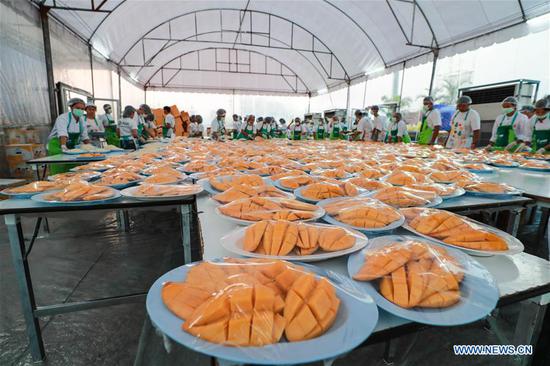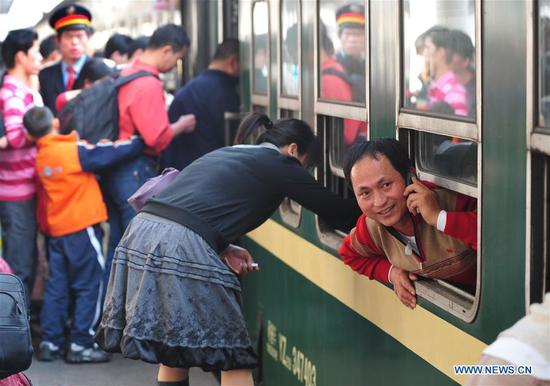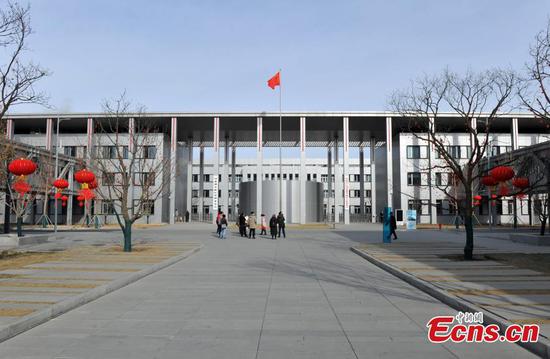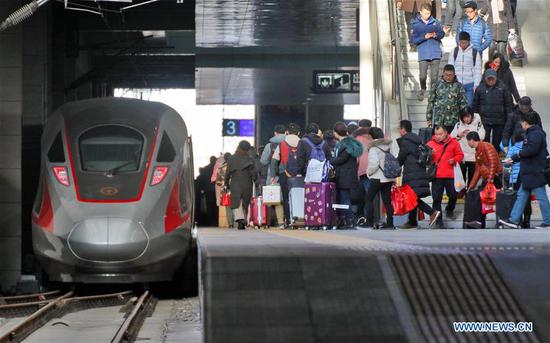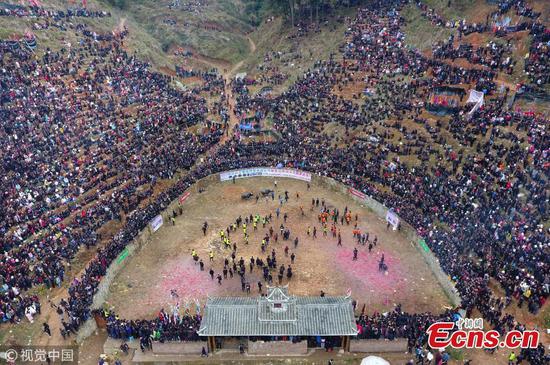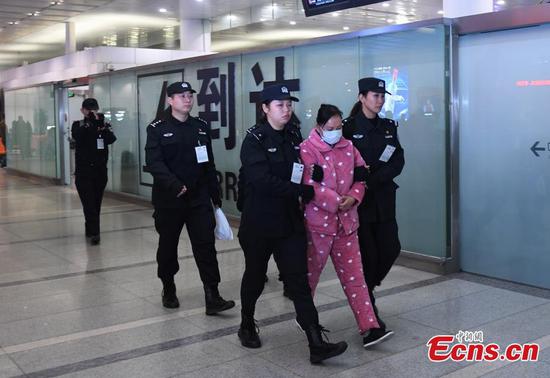China's long-delayed plan to collect property tax, one of the country's biggest efforts to curb a swelling real estate market, could make headway this year, according to a top tax law expert in China.
Property tax legislation could be submitted for review by China's top lawmaking body, the Standing Committee of the National People's Congress (NPC), said Liu Jianwen, a law professor at Peking University and head of the Fiscal and Tax Law Research Institute at the China Law Society, during a forum in Beijing on Monday.
Liu explained that under the timetable for 2020 reforms, this year could see important tax legislation submitted to the NPC Standing Committee for review, including a draft law for property tax.
China has discussed the property tax plan and even launched pilot programs in Shanghai and Southwest China's Chongqing as early as 2011. However, it never materialized as its sudden implementation would shake the real estate market - a pillar of the national economy.
As the property market continues to overheat, top officials seem determined to implement the tax plan. During the national legislative sessions, Chinese Premier Li Keqiang said that China will steadily push forward property tax legislation.
Analysts said that a duty on property ownership could raise price tags for housing speculators and help squeeze the price bubble, while the move might affect a number of households in China, where home ownership is of great cultural significance. The potential scenario creates a dilemma for policymakers.
Although housing prices in major cities have dropped after a slew of regulatory tightening measures, the lack of property tax has also been an obstacle for the country's push for other tax reforms.
It is still a "relatively long process" between the property tax plan and the NPC Standing Committee's review to its final implementation, Liu said, adding, "it will depend on the maturity of the property tax law draft and the majority consensus of the measure to be formed in society."
















